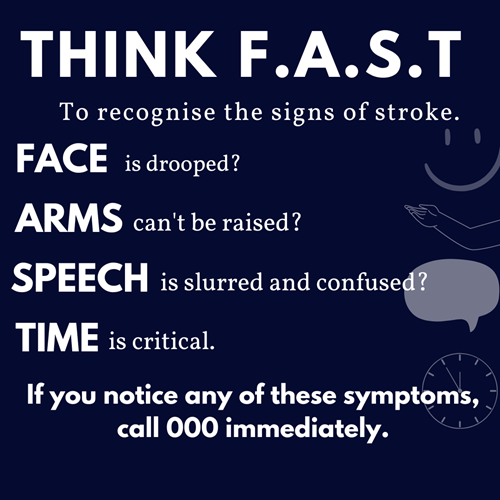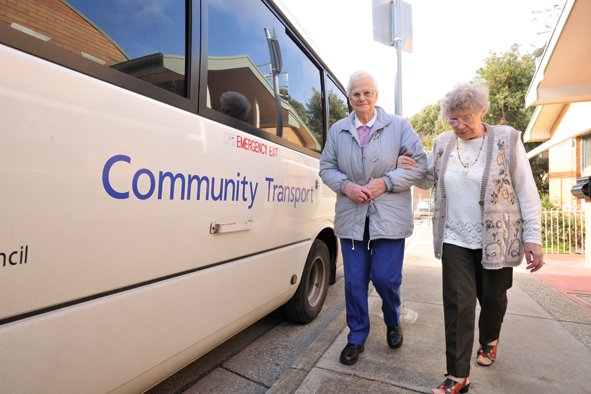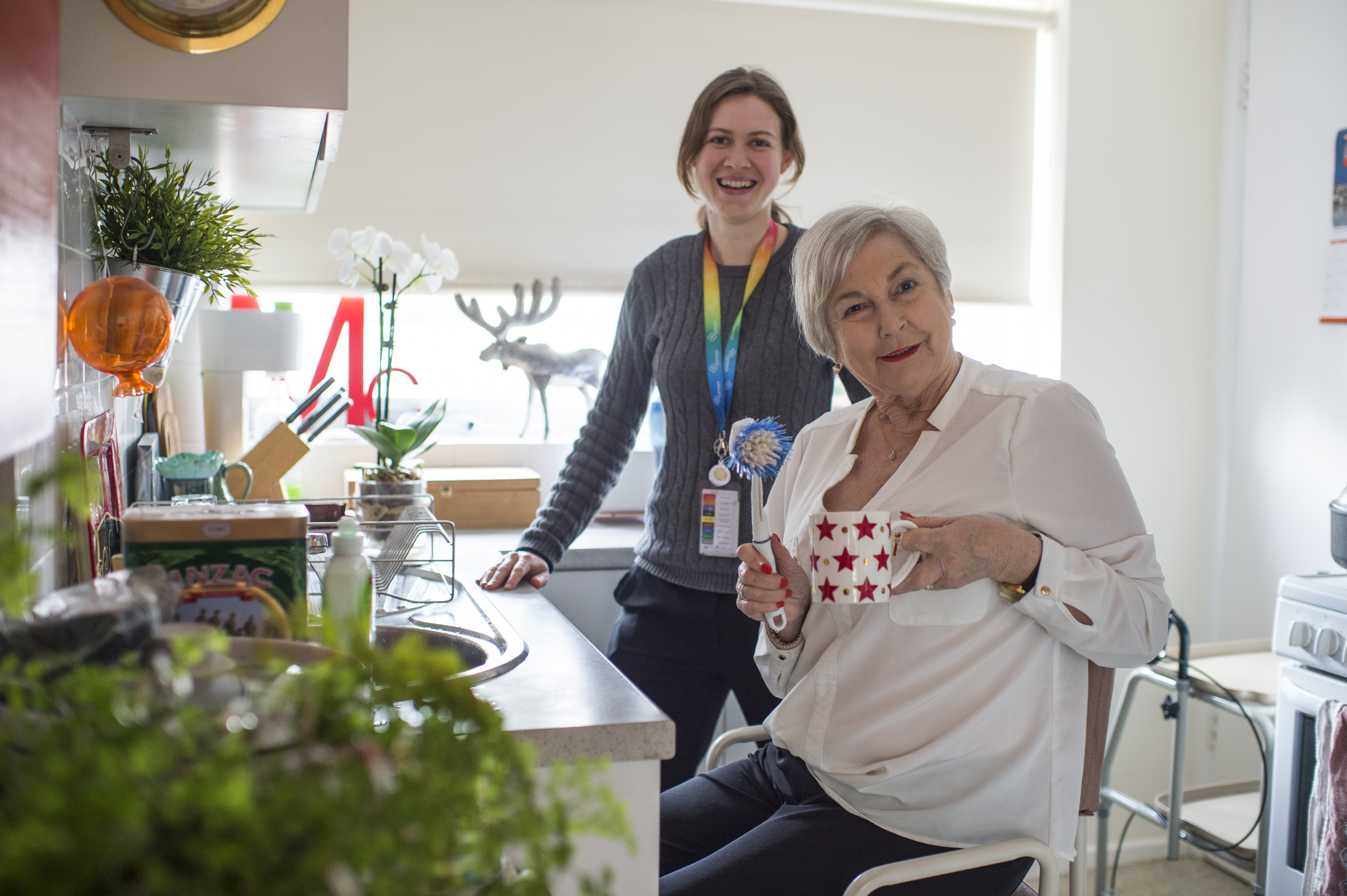Did you know that someone has a stroke every 19 minutes in Australia?
August 8-14 is National Stroke Week, an opportunity to learn more about the signs of a stroke and the 445,087 Australians living with the long-term effects.
What is a stroke?
A stroke happens when oxygen and essential nutrients cannot reach the brain. This can occur when an artery is blocked, known as an ischaemic stroke, or when a blood vessel in the brain bursts, referred to as a hemorrhagic stroke.
When the brain can't get oxygen or nutrients, cells begin to die. Around 1.9 million brain cells die every minute during a stroke, so seeking medical attention quickly is vital.
What are the symptoms of a stroke?
Stroke victims may experience sudden weakness on one side of the body, confusion and trouble speaking, impaired vision in one or both eyes and loss of balance and coordination.
The best way to identify a stroke and take action is to think F.A.S.T.
Face is drooped?
Arms can't be raised?
Speech is slurred and confused?
Time is critical; if you notice any of these symptoms, call 000 immediately.
What are the long-term effects of a stroke?
Depending on what part of the brain is damaged, stroke victims may experience long-term difficulties with coordination, communication, vision, fatigue, chronic pain, depression and anxiety.
Stroke rehabilitation programs can help reduce long-term symptoms and improve brain function through various physical and cognitive therapies.
What are the risk factors for strokes?
Although strokes are often associated with older people, they can happen to anyone at any age. Did you know that one in every five stroke victims is under the age of 55?
Stoke risk factors such as age, gender and family history can't be controlled; however, several lifestyle factors make people more susceptible to stroke.
These include:
• High blood pressure
• Smoking
• Diabetes
• High cholesterol
• Heavy drinking
• An unbalanced diet
• Lack of regular exercise
• Obesity
Connect Health & Community has several services that can assist people with stroke recovery, including physiotherapy, social support, counselling, hydrotherapy and dietetic support.
For more information on these services, visit https://connecthealth.org.au/
For more information about stroke symptoms and recovery, visit https://strokefoundation.org.au/



